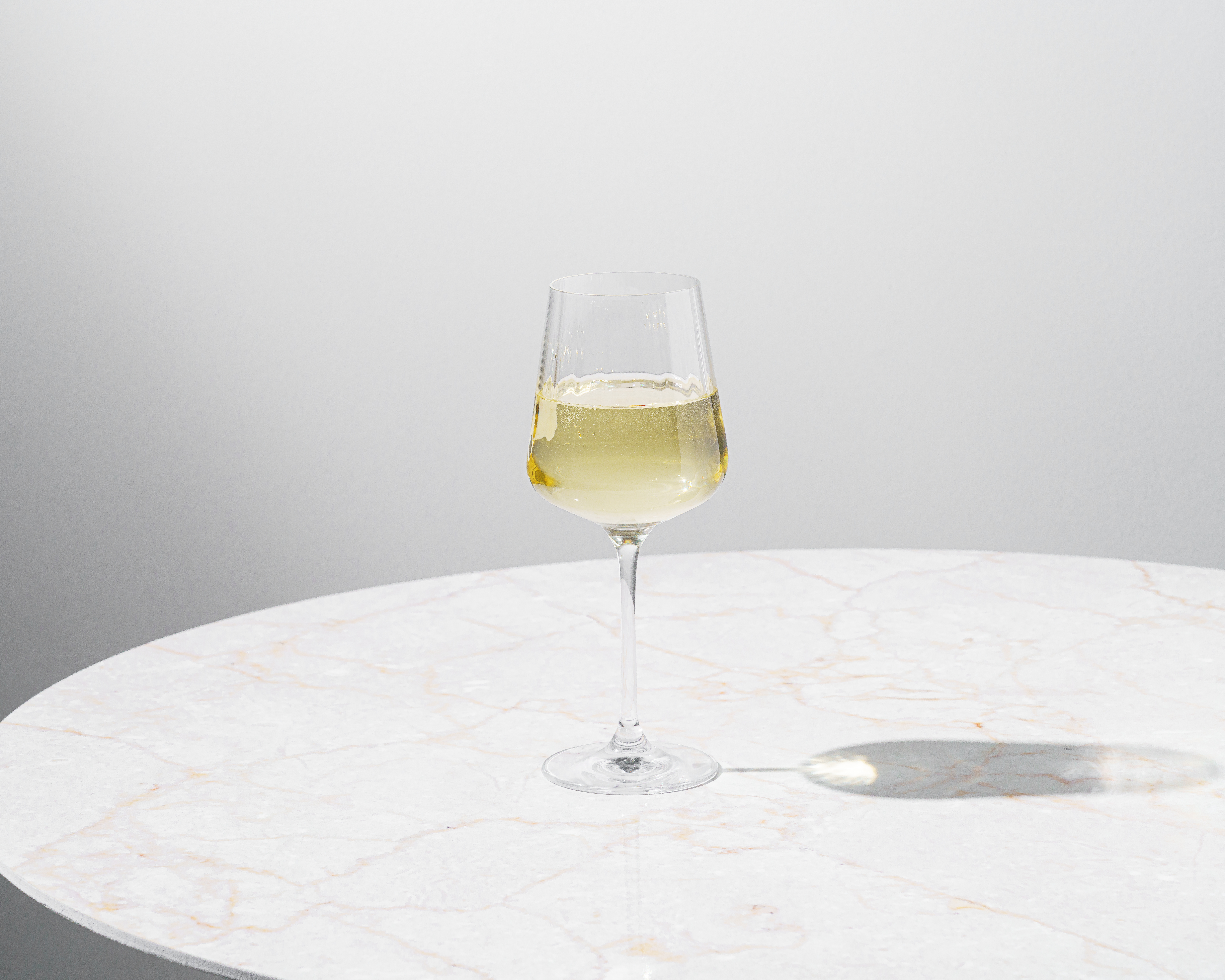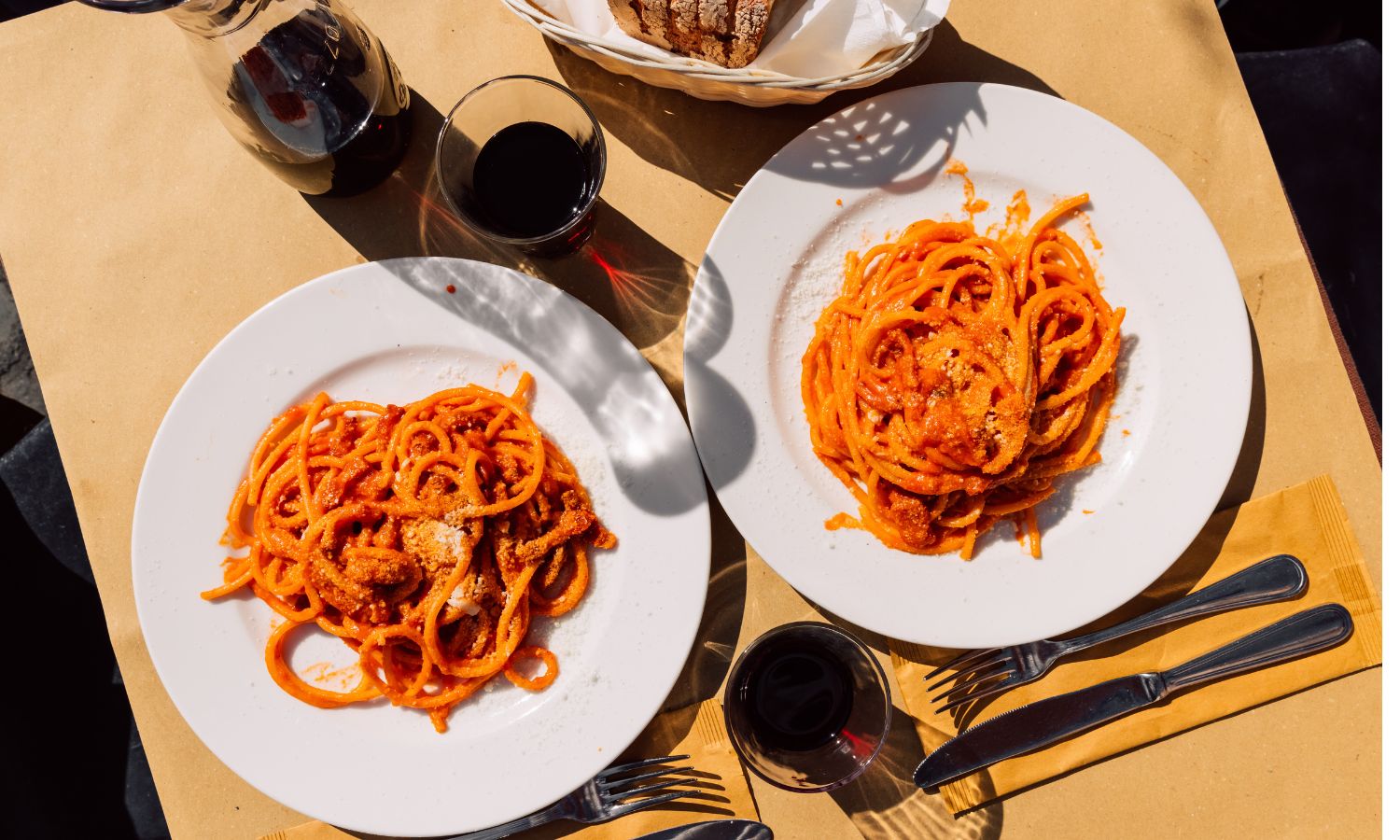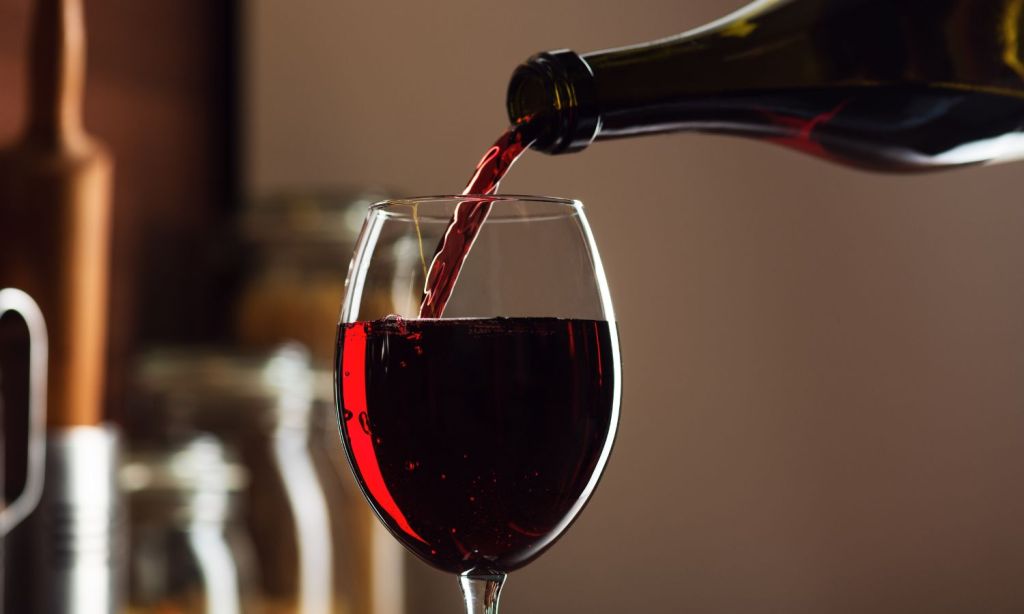Despite the stereotype, sommeliers aren’t pretentious, says Ella Stening, freelance sommelier and consultant for Efendy Group. They’re skilled professionals whose subject matter is wine. They aren’t trying to get you to blow the bank.
“Be friendly, give information but always be patient,” says Stening. “At the end of the day, a sommelier is a wine expert there to help you. Much like how you go to the mechanic to fix your wheels, a sommelier is there to help you have a great time and drink well.”
Another thing to remember when interacting with sommeliers is that, though it sounds obvious, the more information you give them, the better they can steer you towards a wine you’ll like. “Engaging in conversation often leads to a better overall experience, much like any good relationship,” says Atsuko Asano, general manager at Bar Morris.
Here are a few other tips for interacting with sommeliers so you get the exact wine you want.
Be Specific About Your Wine Tastes
Many people start conversations with sommeliers by telling them they like “dry” or “fruity” wines. Stening points out that all wines have fruity elements and that instead of using those adjectives, you should be specific.
“If you’re using the word ‘dry’ to indicate less sugar, just tell them you want something with no sugar left in it,” says Stening. “If you’re using dry to describe the refreshment quality, lightness or something that stays on your palate, then say those words instead. Describing the texture of a wine gives your sommelier a lot more info than you think.”

Paul Sadler, head sommelier of Tilda, suggests you tell the sommelier whether you like zesty wine or prefer wine with more clean, fresh profiles. He also suggests you share your stance on oak — do you like rich, toasty flavours or find them overpowering?
“For reds, let your sommelier know if you tend to avoid wines that are bold and tannic, and whether you prefer intense, complex wines or something more balanced and subtle,” he says.
Tell Them What Wines You Usually Drink
Sadler usually starts his conversations with diners by asking what wine they drink at home. This gives him insight into their palate, preferences, budget and level of wine knowledge, helping him make recommendations that align with what they’re likely to enjoy.
“If someone wants to try something new but likes a lighter style of wine, knowing what they usually like means we can pick something they’ll still enjoy,” says Lauren Pietsch, assistant head sommelier at QT Sydney.
Tell Them What Food You’re Ordering
You wouldn’t put tomato sauce on your ice cream, right? It’s what Stening says you ask yourself when considering food and wine pairing.
“Wine is going to interact with your tastebuds and the compounds that give it its flavour and texture are going to interact with whatever is giving your meal flavour and texture,” she says. “One of the simplest examples is chilli. Fresh chilli irritates your palate so you need a wine with more body or sugar to coat your mouth to protect it.”
It’s one of the main reasons people drink dry riesling or more textural sparkling with spicy Asian food. Stening says how food interacts with wine is one of the first things you learn as a sommelier, and no one knows a venue’s food and wine list better than its sommelier.
Wine can enhance a dish’s flavour, cleanse the palate or cut through richness in meals, says Pietsch. Richie Harkham, winemaker and restaurant owner of Harkham, adds that if incorrectly pair, food and wine can clash.

“For example, a crisp, mineral-driven Semillon pairs beautifully with fresh oysters as the wine’s acidity and minerality complement the sea salt and delicate flavours of the seafood,” Harkham says. “On the other hand, pairing a bold red wine like Shiraz with spicy food can overwhelm the palate. The high tannins and alcohol in the wine can intensify the heat of the spices, creating an unpleasant, harsh experience.”
Another reason to let the sommelier know what food you’re ordering is so that the wine doesn’t overpower the dish or get lost in the meal, says Pietsch.
Ask Them For Their Personal Favourites
Once a sommelier understands your preferences, they’ll appreciate being asked for their personal recommendations, says Sadler. Asano adds that the most expensive wine isn’t always the sommelier’s favourite and asking them their personal recommendation can reveal hidden gems that might be perfect for you.
“Sommeliers taste hundreds — yes, hundreds — of wines every week,” says Stening. “They have palettes that are attuned to finding harmony, alongside bang for buck and intrigue. They always have an ace up their sleeve and everyone likes being asked what they like.”
Another reason asking for a sommelier’s personal favourites is handy is they often have only one or two bottles of rare wines that aren’t on the menu. “They will have these on an ‘off the list’ list,” Harkham says. “Be sure to ask the sommelier about these rare hidden gems.”
Tell Them What Price Range You’re Working With
Finally, all sommeliers agree — you should always tell them what budget you’re working with. Again, the most expensive wines on the list aren’t necessarily the best. Often, their price tag reflects the fact they’ve come from a well-known brand or are imported.
“The sommelier who put together the list with your price range in mind can find an amazing wine from a more boutique, unknown producer who makes equally great tasting wines,” says Harkham.
Also let’s face it: wine is expensive. No one knows that better than your sommelier, says Stening. Your sommelier would rather you were happy with the wine you had and return to the venue, rather than ruin your meal and never return.
“You are not going to enjoy something you cannot afford,” she says. “There’s no shame in drinking what you like at the price point you feel comfortable with. There are so many wines that sit in every price point that reflect quality. I’d rather drink a glass of $10 red that I love than a $300 bottle that’s not memorable and leaves me with inky teeth.”
Related: MSG Is Not Your Enemy
Related: You Could Soon Find More Than Olives and Onions in Your Cocktails
Read more stories from The Latch and subscribe to our email newsletter.







